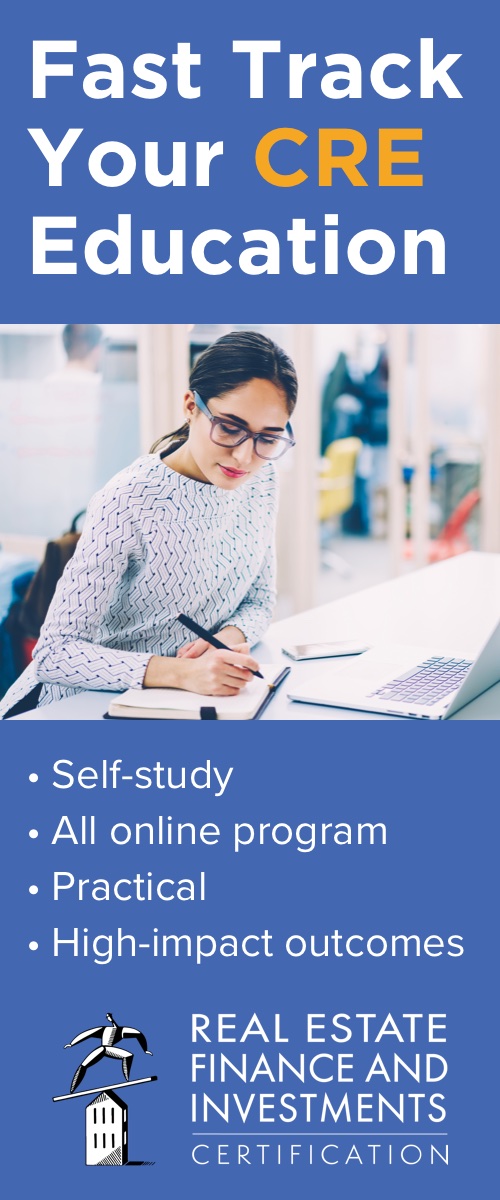Overview
Listen to this narration if you prefer
This chapter addresses some of the unique risks and characteristics of investing across U.S. borders in various established and emerging markets. It dispels the myths that the rest of the world is inept and capital starved and that U.S. investors can waltz into another country, win top deals, and exit easily.
Summary
Some 60 percent of investment-quality real estate lies outside of the U.S. While non-U.S. real estate markets may be inefficient relative to the U.S., local players are savvy and ambitious and best positioned to profit from change. Currency risk, market opacity, and unfamiliar legal dynamics become additional risks when making investments outside of the U.S., as does the re-striking of local partnership terms by the in-country partner.
Japan and Western Europe are both stable but expensive markets in which to invest, with yields too low to justify in many cases. Latin America is politically and economically volatile, and the inflation protection of real estate results in pricing paid by locals that is generally out of reach for U.S. investor returns targets.
Corruption and fraud are major deterrents for investing in Brazil, Russia, India, and China, each having its own additional idiosyncrasies that make confidently deploying capital a challenge for U.S. players.
Despite the perils, successful large-scale global real estate investment companies will ultimately evolve, for the simple reasons that both the tenant base and capital markets are continually globalizing. It makes sense that firms from all sectors (banks, auto, law, entertainment, etc.) will turn to global space providers. In addition, global capital sources will gravitate to the most efficient real estate firms pulling them into new markets. As the home of the globalization process, U.S. real estate companies should be among the leaders of this process in the property sector, and the best opportunistic American firms will ultimately demonstrate that globalized real estate investment is more than just an idea with potential.
Questions
These are the types of questions you’ll be able to answer after studying the full chapter.
1. What are three characteristics of international markets that present additional risks to real estate investors?
2. What does it mean to hedge currency, and what are two potential applications of currency hedging in an international real estate transaction?
3. Why is commercial real estate a potentially good investment in countries with high inflation?
Audio Interview
Investing outside of the U.S.
BRUCE KIRSCH: We recognize that a large percentage of investable real estate is outside of the US. And it’s a global business. But oftentimes, for whatever reason, we feel that if something is cross-border, it must be easier cross-border for us.
PETER LINNEMAN: I’ve been to this movie. And it’s doable. Obviously, there are plenty of non-US who are invested in the US. And there are plenty of US who are invested in other countries. And particularly in Europe, there’s a lot of company companies invested across borders within Europe and Asia, and so forth. But it’s hard. And it’s gotten easier if you will, in that the tenants have gotten more global.
Microsoft is everywhere around the globe. And E & Y is everywhere around the globe. And that helps. There’s no doubt that that’s helped. On the other hand, a lot of the tenants are still just local firms. Many of them don’t even speak your language, whatever your language is, which makes it hard to lease. If you don’t speak their language, it makes it hard to develop space for them if you don’t speak their language.
You add to that all the nuances of custom and culture and law. And real estate is a highly localized product. It may not look like it, but it is a highly localized product. And therefore, local market knowledge is critical. Local market understandings are critical. By the way, that’s true of selling Coca-Cola too. I mean it has differences across markets. You can learn those differences, but the admission price to learn those differences is high.
So it’s really hard to be a global company in anything unless you’re big enough with your sales, your footprint, to amortize those learning costs. Because the learning costs are high. And that’s why you tend to only see quite large firms in all businesses be global. Because otherwise, you just can’t amortize the learning cost. You’ve got to have a big enough footprint.
So, you see these big firms. It looks easy. But it’s not. And if you talk to any global firm, in real estate or not, everybody grinds it out. It’s hard. You have just simple things like when do we hold our weekly sales meeting, or when do we hold or update. Well, it’s midnight for me, if it’s 12:00 in the afternoon for you in Japan. And it doesn’t sound like much, but it’s difficult. It just adds to everything’s complexities.
So it’s gotten better. But it’s hard. It’s just hard. And the reason it looks easier is very simple. That which you’re not trying to do always look simpler than that which you are doing. It’s kind of a rule in life. And I think it applies here.
BRUCE KIRSCH: I remember in class, Professor Nakahara said he had gotten an email or a letter from a student saying, Oh what do you think about investing in XYZ country? And essentially, his response was, what there’s not enough risk here in the US?
PETER LINNEMAN: Yeah, one of the best lines I ever heard was from a major, major real estate investor, who’s been in the business a really, really long time. And his comment was– a US investor. And he says you know, I’ve invested in something like 15 countries around the world over my career. And I found I don’t have to go that far away to lose my money. It captures the difficulty that everybody faces. Now by the way, if you can overcome it, there are some real advantages. But, it’s difficult.
Key Term
Currency Hedge – the purchasing of a contract to protect against fluctuations in currencies detrimentally impacting an international property investment prior to closing on the property, or relating to the property’s local currency operating cash flows.
Chapter Headings
- Great Potential is Only That
- The Capital Shortage Myth
- The Land of the Rising Sun
- A Risky World
- The Old Soviet Empire
- South of the Border
- The United States of Europe
- India
- China
- Brazil
- Non-U.S. Investors Are Not Dumb
- Local Partners
- Currency Risk
Learn about REFAI Certification
< Ch 2 | What Is Real Estate and Who Owns It?
Ch 4 | The Fundamentals of Commercial Leases >
Table of Contents
Index
Buy the Book





